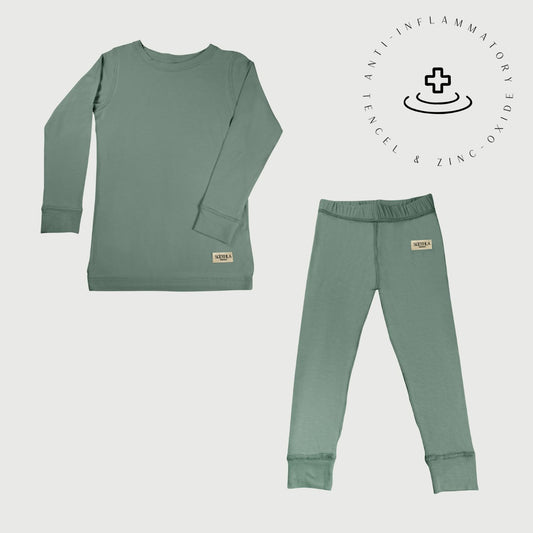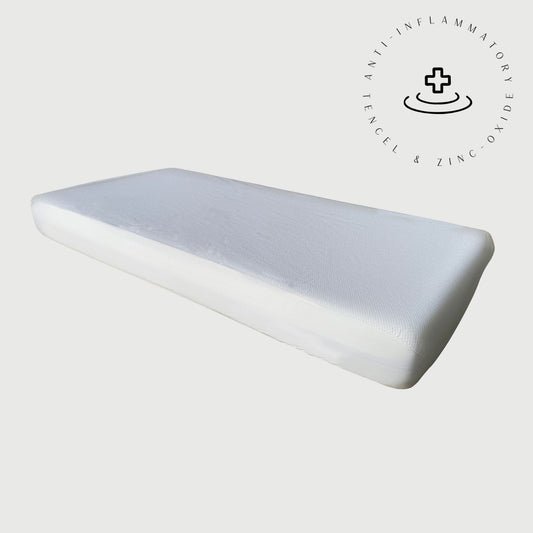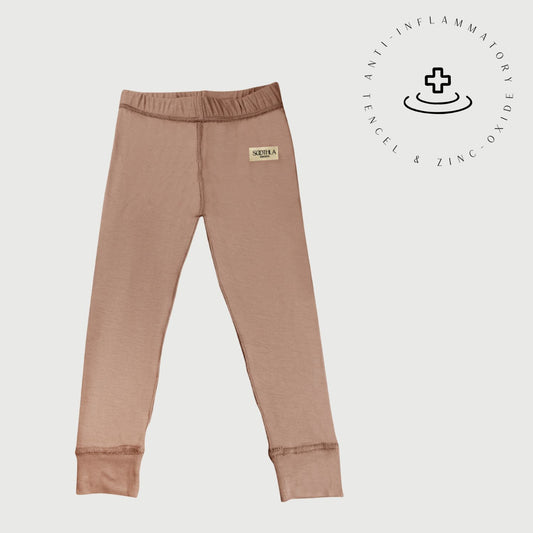In this blog we discuss five of the most frequently asked questions about eczema in kids.
1. Will My Child Outgrow Eczema?
One of the most common questions parents ask is whether their child will outgrow eczema. While it's true that some children's eczema improves as they get older, there's no guarantee. Eczema is a chronic condition, which means it can flare up and subside throughout a person's life. However, with proper management, many children can experience significant improvement in their symptoms.
2. What Triggers Eczema in Children?
Eczema is often triggered by irritants and allergens. Common triggers include:
- Irritants: soaps, detergents, wool, rough fabrics
- Allergens: dust mites, pollen, pet dander, certain foods
Identifying your child's specific triggers can be a key step in managing their eczema.
3. How Can I Soothe My Child's Itchy Skin?
Itchy skin can be very uncomfortable for children with eczema. Here are some tips:
- Moisturize regularly: Apply a fragrance-free moisturizer to damp skin after baths.
- Cool compresses: Cold, wet cloths can help relieve itchiness.
- Oatmeal baths: Colloidal oatmeal baths can soothe irritated skin.
- Avoid scratching: Keep your child's nails trimmed to prevent scratching and infection.
4. Can Diet Help with Children's Eczema?
While research on diet and eczema is ongoing, some children with eczema may benefit from dietary changes. Common food triggers include dairy, eggs, wheat, soy, and peanuts. If you suspect food allergies, consult with a pediatrician for guidance.
Interestingly, there's growing evidence suggesting a link between the gut microbiome and eczema. The gut microbiome, a complex ecosystem of bacteria in your child's intestines, plays a crucial role in immune function. Imbalances in the gut microbiome have been associated with increased risk of eczema. While more research is needed, some studies suggest that introducing probiotics or fermented foods into your child's diet might support gut health and potentially improve eczema symptoms.
Always consult with your child's pediatrician before making significant changes to their diet.
5. When Should I See a Doctor About My Child's Eczema?
You should consult a pediatrician if:
- Your child's eczema is severe or doesn't respond to over-the-counter treatments
- Your child has a skin infection
- Your child is experiencing excessive discomfort or sleep disturbances due to eczema
Conclusion
Living with eczema can be challenging, but with the right information and support, you can effectively manage your child's symptoms. Remember, every child is unique, and what works for one child may not work for another. It's essential to work closely with your child's pediatrician to develop a personalized care plan.
Disclaimer: The information provided in this blog post is intended for informational purposes only and should not be considered as medical advice. Always consult with a healthcare professional for any concerns or questions regarding your child's health.







